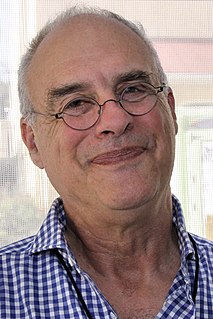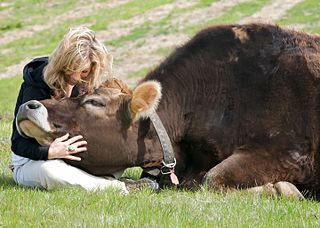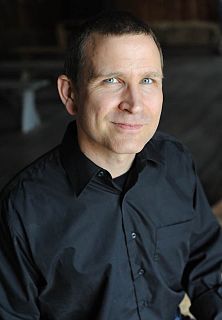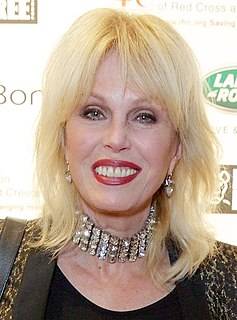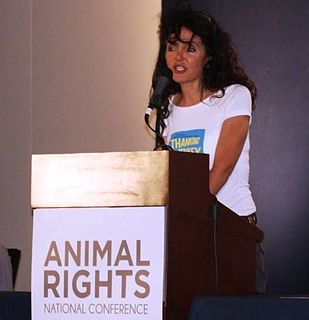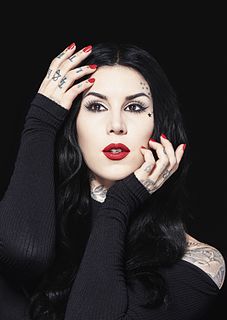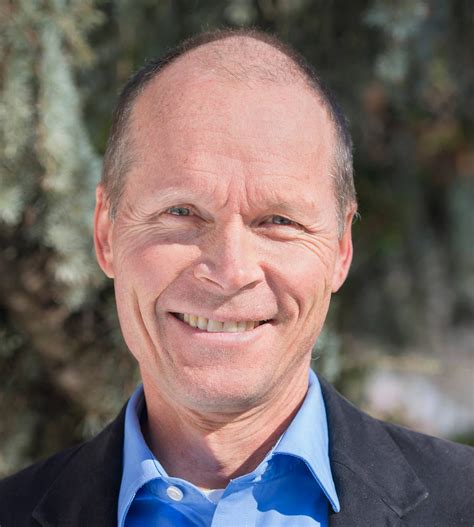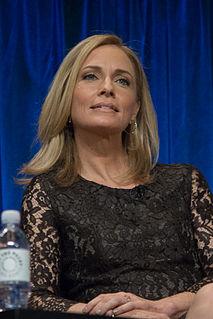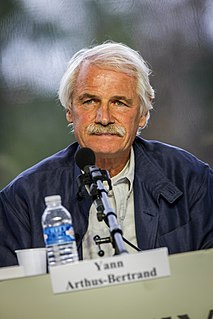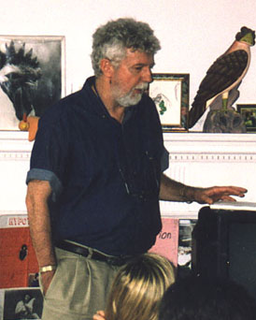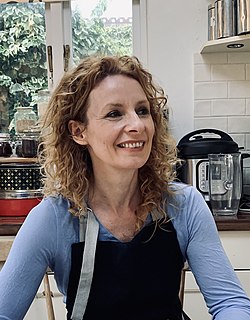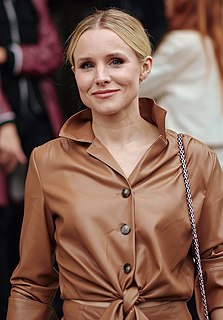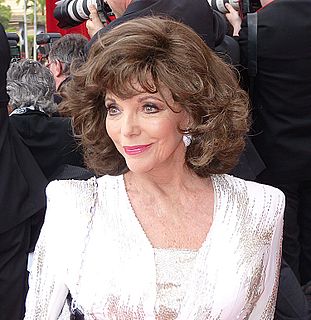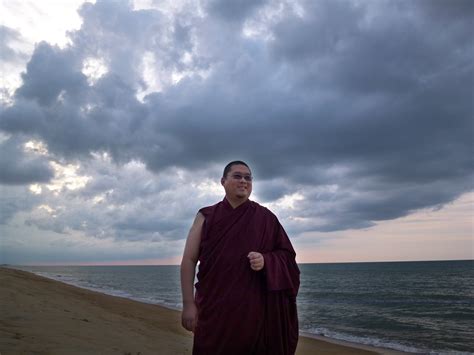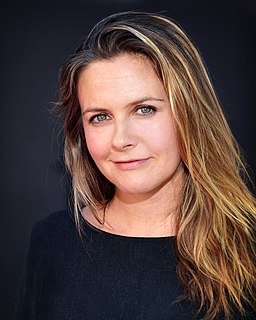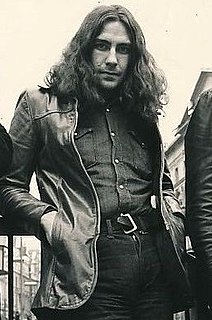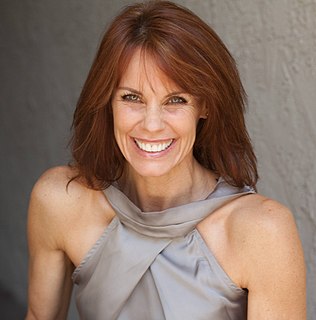Top 1200 Eating Animals Quotes & Sayings
Explore popular Eating Animals quotes.
Last updated on November 15, 2024.
While self-interest arising from the enjoyment of meat eating is obviously one reason for its entrenchment, and inertia another, a process of language usage engulfs discussions about meat by constructing the discourse in such a way that these issues need never be addressed. Language distances us from the reality of meat eating, thus reinforcing the symbolic meaning of meat eating, a symbolic meaning that is intrinsically patriarchal and male-oriented. Meat becomes a symbol for what is not seen but is always there--patriarchal control of animals and of language.
It's really not rocket science. If animals are not mere things; if they have moral value, we cannot justify eating, wearing, or using them particularly when we have no better reason than palate pleasure or fashion. If you are eating, wearing, or using animals, then your actions say that you regard them as mere things, despite what your words say.
If you like eating meat but want to eat ethically, this is the book for you. From the hard-headed, clear-eyed, and sympathetic perspective of butchers who care deeply about the animals whose parts they sell, the customers who buy their meats, and the pleasures of eating, this book has much to teach. It’s an instant classic, making it clear why meat is part of the food revolution. I see it as the new Bible of meat aficionados and worth reading by all food lovers, meat-eating and not.
It is not how we breed, keep and kill animals for human consumption that has been the impetus for vegetarianism for thousands of years. It is that we breed, keep and kill animals for human consumption. Throughout the centuries the common thread in the arguments against eating animals is the fact that since we have no nutritional requirement for the flesh or fluids of animals, killing them to simply satisfy our taste-buds or habits or customs amounts to senseless slaughter, and senseless slaughter is no small thing.
There is no meaningful distinction between eating flesh and eating dairy or other animal products. Animals exploited in the dairy industry live longer than those used for meat, but they are treated worse during their lives, and they end up in the same slaughterhouse after which we consume their flesh anyway. There is probably more suffering in a glass of milk or an ice cream cone than there is in a steak.
Way back in the 1970s, I was eating a steak, and I looked down, and for the first time it suddenly looked like flesh to me - like a dead creature. In a flash, I realized that every time I ate any kind of meat, something had been killed for me, and I stopped eating all animals, not just cows and pigs but chickens and fish.
Some people feel that humans have a right to eat other animals but not to trash the earth. They may choose veganism because a vegan's ecological footprint is light, but once they are not invested in eating animals, they are more likely to be willing to learn the details of what happens to them. That learning will encourage compassionate people to stick with a plant-based diet.
We live in a culture that has institutionalized the oppression of animals on at least two levels: in formal structures such as slaughterhouses, meat markets, zoos, laboratories, and circuses, and through our language. That we refer to meat eating rather than to corpse eating is a central example of how our language transmits the dominant culture's approval of this activity.
Almost always when I told someone I was writing a book about "eating animals", they assumed, even without knowing anything about my views, that it was a case for vegetarianism. It's a telling assumption, one that implies not only that a thorough inquiry into animal agriculture would lead one away from eating meat, but that most people already know that to be the case.
Many things that human words have upset are set at rest again by the
silence of animals. Animals move through the world like a caravan of
silence. A whole world, that of nature and that of animals, is filled
with silence. Nature and animals seem like protuberances of silence.
The silence of animals and the silence of nature would not be so great
and noble if it were merely a failure of language to materialize.
Silence has been entrusted to the animals and to nature as something
created for its own sake.
It has been well said that the food one consumes determines one's thoughts. By eating the flesh of various animals, the qualities of these animals are imbibed. How sinful is it to feed on animals, which are sustained by the same five elements as human beings! This leads to demonic tendencies, besides committing the sin of inflicting cruelty on animals.
Years of cultural programming have taught us to love some animals while eating others, when in all reality, all animals are sentient beings with the capacity to feel, both physically and emotionally. Every day, I have the choice to live a life of compassion that not only saves animals but helps the environment.
I'm not a vegetarian. Now, don't get me wrong - I like animals. And I don't think it's just fine to industrialize their production and to churn them out like they were wrenches. But there's no way to treat animals well when you're killing 10 billion of them a year. Kindness might just be a bit of a red herring. Let's get the numbers of animals we're killing for eating down, and then we'll worry about being nice to the ones that are left.
Humans are the only animals that have children on purpose, keep in touch (or don't), care about birthdays, waste and lose time, brush their teeth, feel nostalgia, scrub stains, have religions and political parties and laws, wear keepsakes, apologize years after an offense, whisper, fear themselves, interpret dreams, hide their genitalia, shave, bury time capsules, and can choose not to eat something for reasons of conscience. The justifications for eating animals and for not eating them are often identical: we are not them.
Some meat eaters defend meat eating by pointing out that it is natural: in the wild, animals eat one another. The animals that end up on our breakfast, lunch, and dinner plates, however, aren't those who normally eat other animals. The animals we exploit for food are not the lions and tigers and bears of the world. For the most part, we eat the gentle vegan animals. However, on today's farms, we actually force them to become meat eaters by making them eat feed containing the rendered remains of other animals, which they would never eat in the wild.
Eating meat and dairy products is the SAD (Standard American Diet) diet. The SAD diet can only make you sad. It causes heart disease, cancer, diabetes and makes you fat. Raising animals for food destroys the environment... And those animals are not happy. They are enslaved and live humiliating, fearful lives of abuse and tremendous suffering. Veganism turns sadness into joy.

